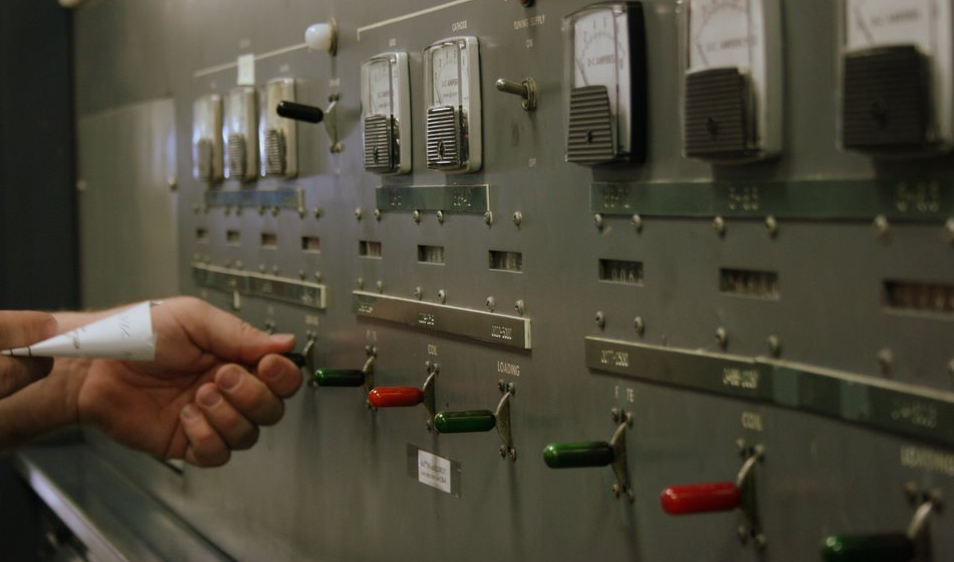Rádio Nacional da Amazônia: May 12, 2016 (breaking news of Dilma Rousseff facing impeachment trial)
/Last night, my buddy John Figliozzi shared the following tip regarding Rádio Nacional da Amazônia:
Both frequencies active tonight — 6180 and 11780 — with lots of discussion as well as excerpts from speeches in the Brazilian Senate on the impeachment of the President. All in Portuguese of course. ID around 0155 with announcement of shortwave frequencies. Excellent armchair quality signal on 6180; audible with considerable QRN on 11780.
After reading John's message, I immediately tuned to 6180 kHz where Rádio Nacional da Amazônia was quite strong. I recorded almost two hours of their broadcast which includes news about the impeachment and music as well. This recording was made in North Carolina using a WinRadio Excalibur receiver and a Pixel Loop Pro magnetic loop antenna, starting around 02:20 UTC on May 12, 2016:

























